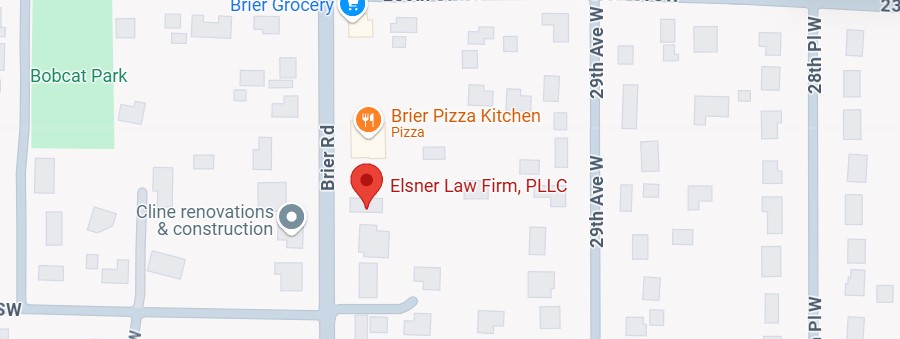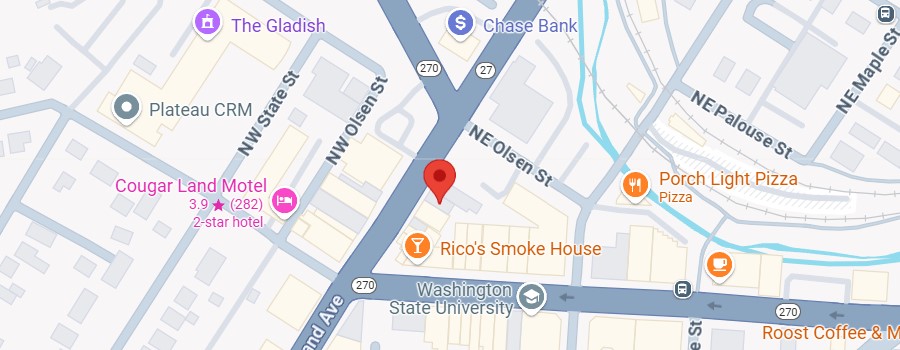Learn How to Handle Accident vs. Collision: What’s the Difference and Protect Yourself
Dealing with the aftermath of a motor vehicle collision or car crash can be confusing, especially when it comes to understanding your rights and responsibilities. Knowing the difference between an accident and a collision is more than just a matter of language—it can impact how fault and liability are determined under traffic laws and in personal injury claims. When a collision occurs, it typically involves two or more objects, such as cars or other motor vehicles, coming into contact, often due to factors like distracted driving, reckless behavior, or negligence. In these situations, determining fault is essential for injured parties seeking compensation through the legal system or from an insurance company. On the other hand, the term accident is often used to describe an event that seems unavoidable and without blame, but in reality, most crashes involve some degree of responsibility. By understanding these differences, you can better protect yourself, ensure your rights are upheld, and make informed decisions if you are ever involved in a motor vehicle incident.
Learn How to Handle Accident Vs Collision What’s Difference and Protect Yourself
Are “accidents” And “collisions” The Same Thing?
The short answer: no. Accident implies there’s no one to blame whereas collision can imply that someone is at fault. The word accident can be misleading in legal contexts, as it suggests an event occurred without fault or negligence, which may not accurately reflect the circumstances in personal injury cases.
This is a bit subjective though and it really depends on who you talk to. It may just seem like a grammatical issue or maybe even a personal vocabulary preference, but the way you use the words carries a lot of weight in your insurance case. Crash connotates fault whereas accident connotates no one is at fault. The choice of terminology can significantly affect legal consequences, including how liability and fault are determined.
Collision is the correct legal term used in state statutes. In fact, court decisions often interpret these terms differently, which can impact the outcome of legal cases.
Understanding what each word means is crucial whether you’ve been involved in some sort of vehicular incident or just to know for future reference in the off chance something happens. There are many real-world examples that illustrate the difference between accidents and collisions. It’s a conversation that’s been going on for a long time – just look at this abstract from 2002 where the author insists an axing of the term “accident”. Even the Associated Press (AP) favors “crash” over “accident”. So, which term should you be using to describe your personal injury incident?
Causes of Incidents
Motor vehicle collisions can happen for a variety of reasons, and understanding these causes is key to protecting yourself and your loved ones. Common factors include reckless driving, speeding, and driving under the influence of alcohol or drugs, all of which significantly increase the risk of a car crash. Bad weather, such as heavy rain, snow, or fog, can also make roads hazardous and contribute to accidents. Sometimes, a collision is the result of driver error, vehicle malfunction, or poor road conditions, making it difficult to determine exactly who is at fault. For example, if a drunk driver loses control and crashes into another car, the responsibility clearly lies with the impaired driver. In another scenario, if a pedestrian is hit because a driver failed to obey traffic laws, the driver would be held liable for the collision. Each incident is unique, and the circumstances surrounding the crash—such as negligence, recklessness, or unavoidable events—play a crucial role in determining responsibility. By being aware of these factors and understanding how they influence personal injury claims, you can take steps to protect yourself from the financial and emotional costs that often follow motor vehicle collisions.
Why Does it Matter?
Insurance companies are more prone to use the term “accident” because it lowers the responsibility factor. In many cases, individuals can be unfairly blamed in insurance claims, especially without proper legal support. It implies that someone was not at fault – namely their insured and so this is an attempt to minimize their responsibility to take care of you and your losses. By doing so, insurance companies also seek to reduce their financial liability for the incident.
“Collision”, on the other hand, is a bit more unbiased and stoic description of the incident. That’s why experts who look at these types of situations will often refer to themselves as “collision reconstructionists” instead of “accident reconstructionists”. Government agencies as well are trying to distance themselves from the term “accident”, drafting laws with the term “collision” instead. We’re still largely dealing with semantics here, but they’re semantics that can reframe an incident – at least in terms of insurance and public perception. The cost of being found at fault can be significant, including both immediate expenses and long-term financial impacts.
How Will It Impact My Case?
In the end, your case is going to be determined by the evidence, witness accounts, and your legal representation. In some situations, the final decision may be made in court, where judicial interpretation of the facts and law will play a crucial role. “Collision” is technically the most accurate term to use when vehicles collide, but there may be times with your insurance that you want to use “accident”. We use the term accident across our website because it’s a much more ubiquitous term. However, it’s fairly arbitrary. What matters most is making sure you’re protected and are getting the support you need in the legal system. Each party involved in a case may have different interests and responsibilities, which can affect the outcome.
At Elsner Law Firm, that’s exactly what we do. Our job is to hear your story, gather the details, and see if we can make a case for you. Automotive accidents (or collisions) are a stressful and often painful time. The legal process can be complicated, often requiring professional guidance to navigate effectively. We want to make the entire process easier on you, regardless of whatever semantics are being debated. Need help with your personal injury case? Give us a call or text us today.





